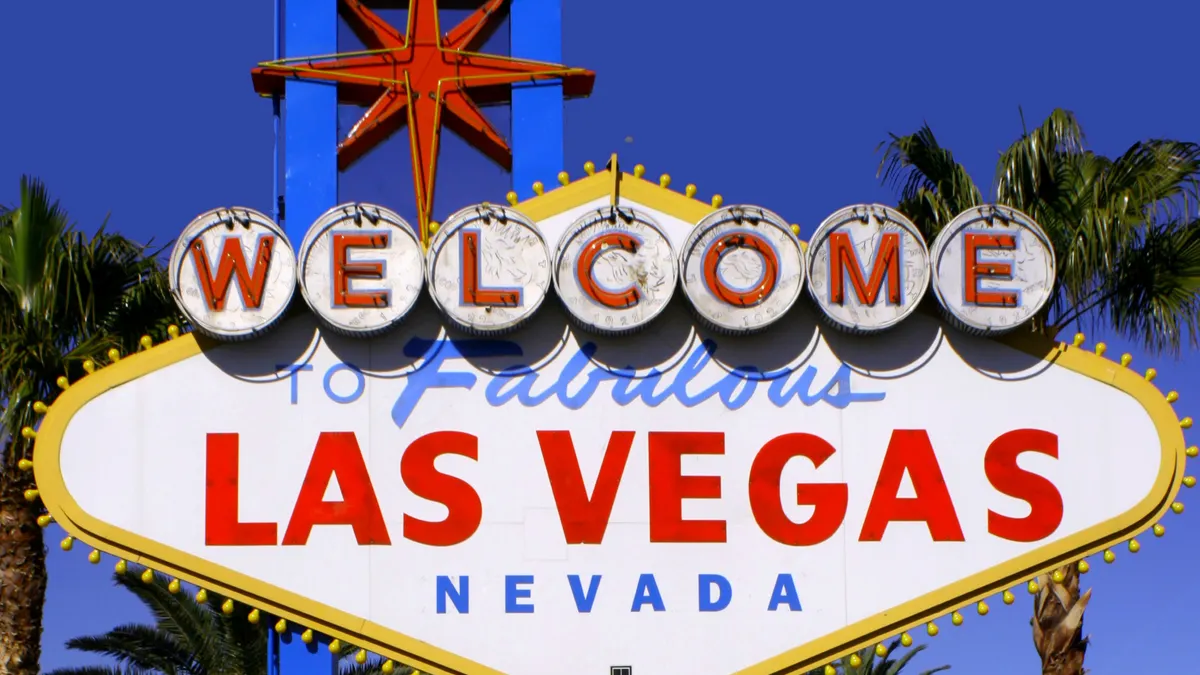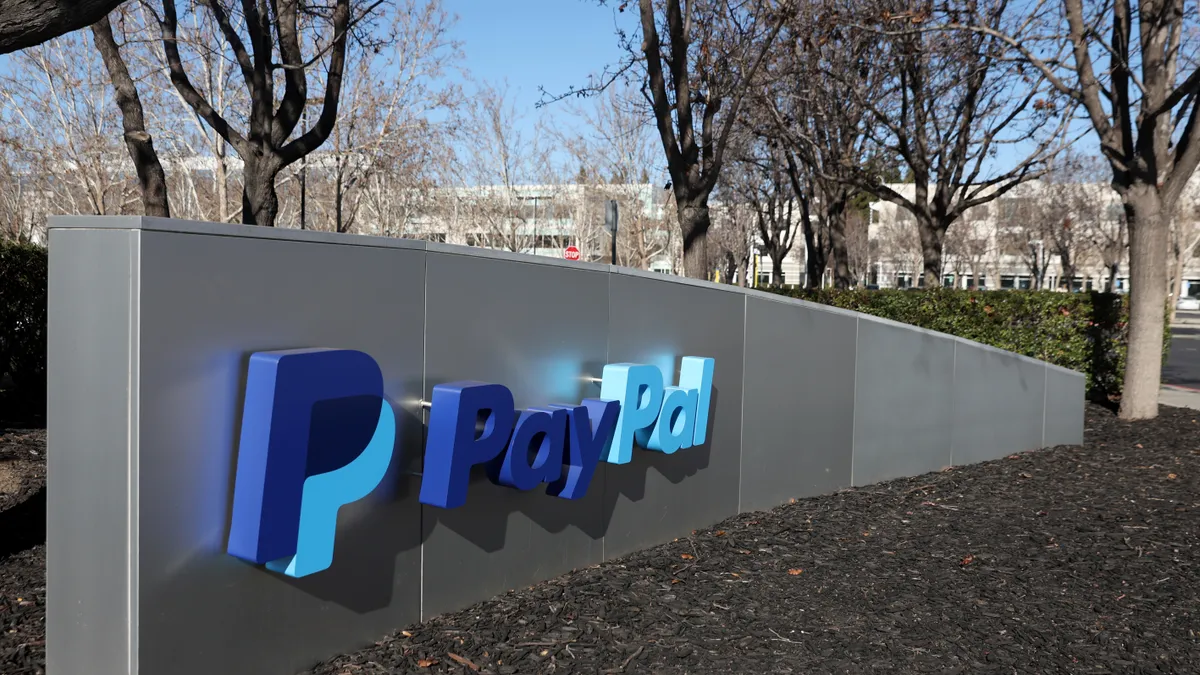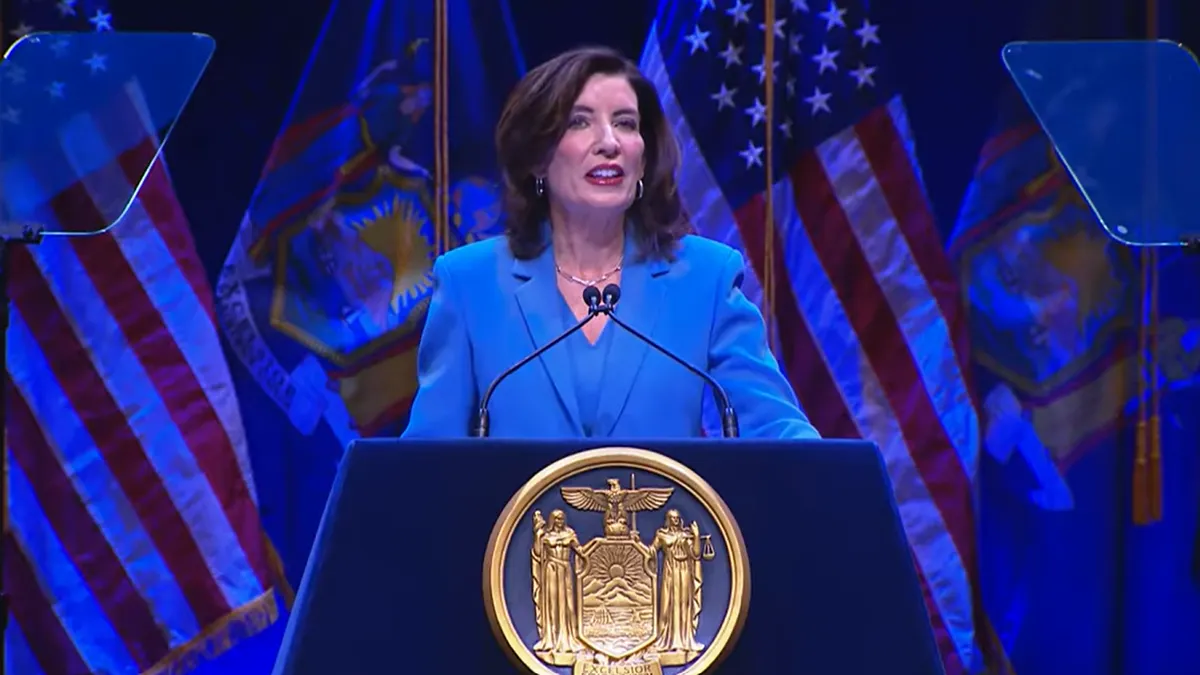A bill in the Nevada Assembly would offer a special charter for new payment banks, aiming to allow financial technology companies and others to access federal payment rails and help merchants bypass many of the expenses associated with traditional card payments.
The new licensing system would allow retailers, payment processors, remittance companies and others to apply as banks for direct access to U.S. payment systems like ACH, FedWire and FedNow.
As a result, Nevada retailers – and potentially consumers – would benefit from lower transaction costs for credit and debit cards, say supporters of the proposal. Card payments carry interchange fees that U.S. merchants have decried for years as both excessive and onerous.
The goal would be to eliminate the “middlemen” that add costs and delays to payment settlements, its sponsor, Assembly Speaker Steve Yeager, a Democrat, said last month at a committee hearing on the bill.
The Retail Association of Nevada, which represents about 2,000 mostly small retailers, is lobbying heavily for the proposal in Carson City, said Bryan Wachter, a senior vice president at the retail association.
The bill would allow Nevada to become “the first state in the nation to offer a charter built for the digital economy,” Yeager said.
The bill would prohibit the new payment banks from lending and “lending-related” activities and impose a 0.0025% fee per transaction on merchant-acquiring activity.
Merchants have had little choice but to use “the monopolies” that govern payment rails and the bill is an effort to empower new types of banks to offer lower-cost transactions, said Wachter, who testified with Yeager at the April hearing.
Payment banks would not be required to be insured by the Federal Deposit Insurance Corp. Regulators at the Nevada Financial Institutions Division would determine whether companies have sufficient protections on funds to grant a license, Wachter told the committee.
Smaller businesses “have had no choice but to go through layers of intermediaries just to process everyday transactions,” Yeager told his colleagues on the Assembly Committee on Commerce and Labor. The legislation would put Nevada “at the cutting edge of financial innovation,” and create new financial jobs and a steady revenue stream for the state, he said.
Supporters are confident they have sufficient support to pass the bill before Nevada’s legislative session ends June 2, Wachter said Wednesday in an interview.
If passed, “I do think that there might be a payments processing company, an internet company, some other companies that exist in this space that comes in and says we can create a better product,” he said.
The Nevada Bankers Association was concerned that the new banks could increase state assessments on its banking members to fund new regulators and oversight, Connor Cain, with the NBA’s lobbying firm, Carrara Nevada, told lawmakers at the same hearing. The banks are “encouraged” by dialogue on an amendment to the bill to ensure that current Nevada banks do not bear new financial costs to implement the legislation, Cain said.
The Electronic Transactions Association, which counts banks among its members, has not taken a position on the bill, a spokesman said Tuesday.
Other states have previously enacted special banking charters, including Connecticut, Georgia and Wyoming, although the Nevada legislation, if it passes, would make the state the first to license and regulate payment banks without the FDIC insurance requirement, Wachter said.
In recent years, Connecticut has revived its 1990s-era uninsured bank charter, created to allow companies to offer some financial services without taking deposits, as a way to lure startup fintechs to the state.
In March, Stripe applied with Georgia regulators for a merchant acquirer limited purpose banking charter so it could access card networks directly, without a bank partner. Last year, Georgia granted payment processor Fiserv a bank charter.
Smaller merchants in Nevada typically pay fees of 2% to 3% per transaction, which cost about 0.25% for traditional acquiring banks to facilitate, Wachter told the committee. The narrower scope of a payment bank – without lending and other full-service bank offerings – would mean lower operating costs for a license holder and less overhead to fund via its charges to merchants, Wachter said.
“Because you aren’t having to be a full-fledged, full-service bank, we’re hoping that it will actually be cheaper to operate those licenses and that cost savings would then also be passed along to those merchants,” he said at the hearing.
At a typical supermarket, banks and card issuers enjoy higher profit margins on a card payment than the grocer selling the shopper a cart full of food, Wachter said, offering legislators an example of how the bill could help retailers and consumers.
With new payment tools, many merchants would ultimately be able to avoid including their payment expenses in the price of the goods they sell, Wachter said.
The legislation would allow Nevada to emulate payment-processing systems common in Europe, where payment specialists have lowered transaction costs for businesses and consumers, Paul Dwyer, co-founder and CEO of money transmitter Viamericas, told the committee.
Routing consumer transactions via full-service banks to access payment rails “is a fount of inefficiency,” he said.






















